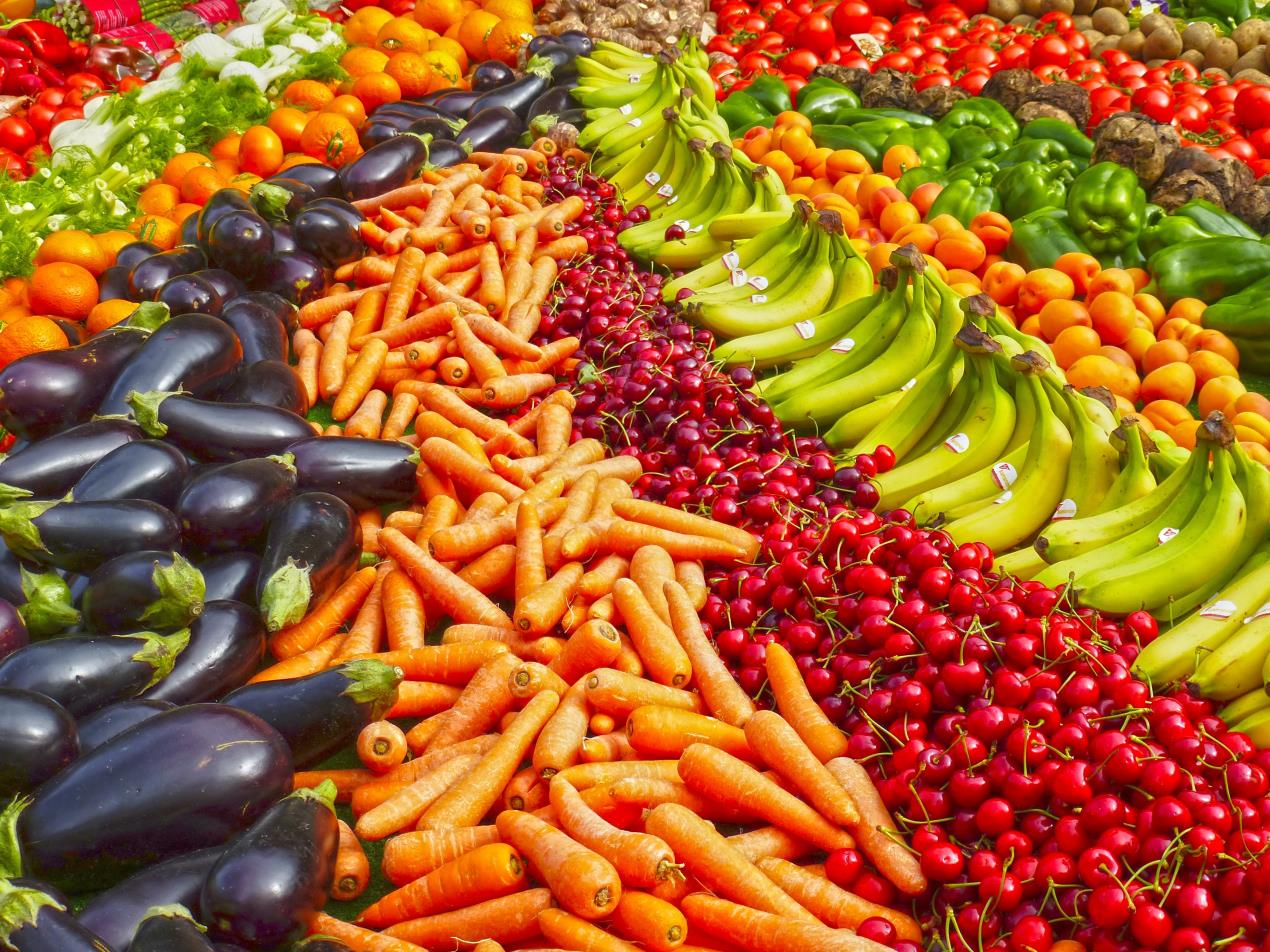
With lockdowns across the globe forcing people to eat more meals at home, a new survey from the James Hutton Institute hopes to track emerging trends and better understand the shift in people’s buying habits.
Social distancing measures mean that people are buying more but shopping less often, and online retailers are experiencing record growth. Meanwhile, a focus on healthy eating, perhaps in a bid to boost immune systems, is contrasted with an increase in the sales of sweets and snacks, as others turn to comfort eating in a time of stress.
“Whether people have drastically changed their habits long-term is difficult to say,” says Matthew Merritt-Harrison FCSI, chair of FCSI UK & Ireland. “Some people have, for example, reduced their alcohol consumption, whereas the statistics tell you that the majority have increased it.”
Though he agrees there are trends that have been much more noticeable. “We’ve seen this huge increase in baking,” says Merritt-Harrison (pictured, right). “At the beginning of the pandemic, you couldn’t buy toilet rolls or antibacterial spray. And then within a couple of weeks you couldn’t buy flour. There was a huge surge in home cooking and people making their own bread. Now that may continue if people have enjoyed it, but it depends how life develops for them.”
The bigger picture
Researchers at the James Hutton Institute, as part of a wider EU consortium, have created a questionnaire to better understand the reality of how the pandemic is changing our eating, cooking and food purchasing habits.
“We want to find out how food-related habits are changing in the population and what this means more widely, particularly in terms of food systems, sustainability and tackling food poverty,” explained social researcher Dr Liz Dinnie, who is leading the research at the James Hutton Institute. ]
“We hope the results will give recommendations to decision-makers in the food sector and at policy level on how to respond to changes and make food systems fit for future food-related habits following the current pandemic.”
Of course, the pandemic has brought with it a number of financial challenges, for businesses and individuals alike, and this will also be felt in the foodservice industry.
“When people are going through uncertain times they reduce discretionary spend,” explains Merritt-Harrison. “In the last recession we saw things like the Marks & Spencer’s dining offers effectively taking customers away from the restaurants. So, it’s not just going to be that once everything starts re-opening in July that it all goes back to normal. It’s going to take years for the level of spend to recover.”
Supporting industry
From a consultant’s perspective, there’s an opportunity to help clients restructure their businesses to make them fit for purpose.
“Clearly there have been significant changes in spending, particularly in the eating out market, and we’ve seen people go under,” says Merritt-Harrison. “Consultants can work with clients to help them attract customers and make sure that what discretionary spend is available is being spent with them and not somebody else.
“There is also a role for the consultant to assist with value engineering of the workforce. It is sometimes difficult for employers to decide which staff to keep, whereas the independent review from the consultant will look at productivity and assist them in reshaping their business to be able to cope for the next few years.”
The survey can be accessed at www.food-covid-19.org and is open to anyone over the age of 18.
Liz Cooley
Main picture: James Hutton Institute

